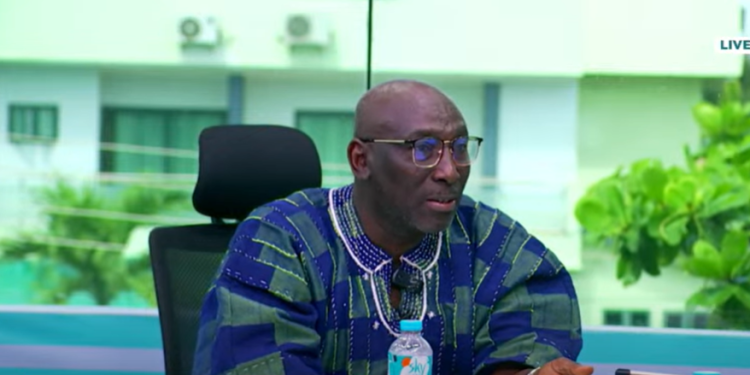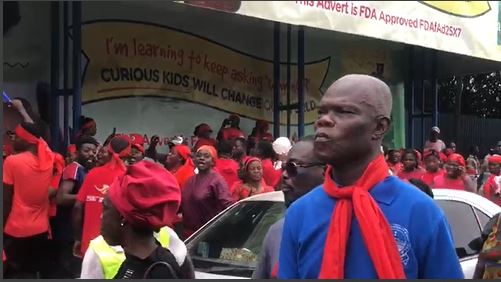The Ghana Catholic Bishops’ Conference (GCBC) on Monday called on President John Dramani Mahama to establish specialised courts for the expedited prosecution of illegal mining cases, citing what the organization describes as a national emergency stemming from the unchecked spread of illicit mining operations.
In a statement signed by its president, Most Rev. Matthew Kwasi Gyamfi, the GCBC said that illegal small-scale mining—commonly referred to as galamsey—has inflicted widespread damage on the country’s natural environment, water systems, agricultural land, and public health. The Bishops urged the government to adopt a more aggressive and coordinated legal response, warning that current enforcement mechanisms are inadequate.
“This is not a routine challenge to be managed with half-measures,” the statement said. “It is a national emergency requiring decisive, extraordinary response.”
The GCBC's statement cited multiple rivers, including the Pra, Ankobra, Birim, Offin, and Ayensu, as having been contaminated with mercury and other toxic substances, resulting in turbidity levels beyond the treatment capabilities of the Ghana Water Company. The environmental degradation, they argued, has begun to affect food safety, water quality, and local livelihoods.
Judicial Reform and Institutional Accountability
Among its key recommendations, the GCBC called for the formation of specialised courts tasked exclusively with handling illegal mining cases. The objective, according to the group, is to speed up legal proceedings and reduce the impunity that has allowed both operators and their facilitators to avoid accountability.
In addition to prosecuting illegal miners, the Bishops urged the government to pursue legal action against political figures, traditional leaders, law enforcement officers, and other public officials accused of protecting or profiting from illicit mining operations.
“This betrayal of trust cuts to the very marrow of our national identity,” the statement said.
Multi-Sectoral Task Force and Policy Proposals
The Bishops also proposed the creation of a permanent task force insulated from political interference and corruption. The task force, they said, should include representatives from environmental agencies, the military, police, and local government, with a mandate to enforce mining regulations consistently across regions.
Additional recommendations from the GCBC included:
Revising Ghana’s mining laws to impose stiffer penalties
Enforcing curfews in volatile mining regions
Launching afforestation projects in degraded areas
Introducing alternative livelihood programs for communities dependent on informal mining
The GCBC described the current situation as not only an ecological disaster but also a public health and national security concern. Citing the infiltration of toxins into the food chain, the group said illegal mining has been linked to increased incidence of cancer and neurological disorders. At the same time, criminal networks involved in illegal mining are reportedly contributing to rising violence in affected communities.
Broader Implications
The Bishops’ statement is one of the strongest interventions yet by a major religious institution in Ghana on the issue of galamsey. While successive governments have introduced measures to curb illegal mining—including military-led crackdowns and regulatory reforms—implementation has often faltered due to corruption, political interference, and inadequate resources.
The GCBC called for a united national response, appealing to all sectors of society, including traditional authorities, faith leaders, and civil society, to support anti-galamsey efforts.
“This struggle is not merely about law enforcement,” the Bishops said. “It concerns the very soul of Ghana.”
The statement concluded with a moral and civic appeal to the nation’s leadership: “With God’s grace, let us choose life—for ourselves, for our children, and for generations yet unborn.”













